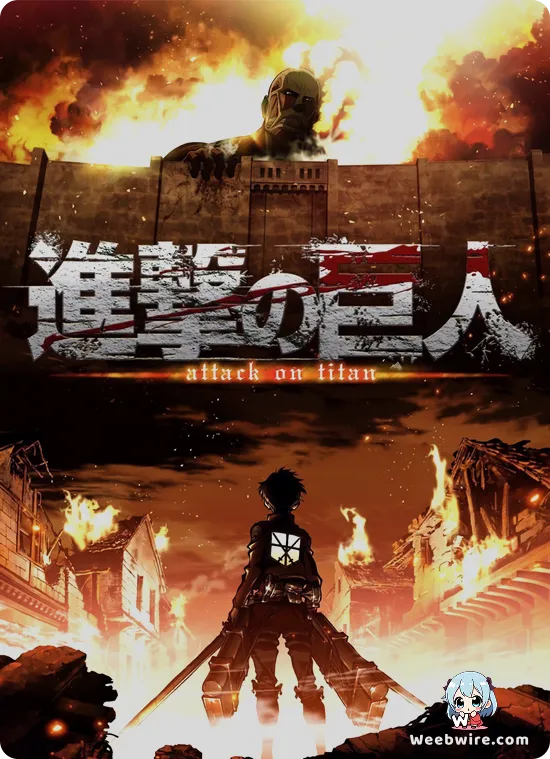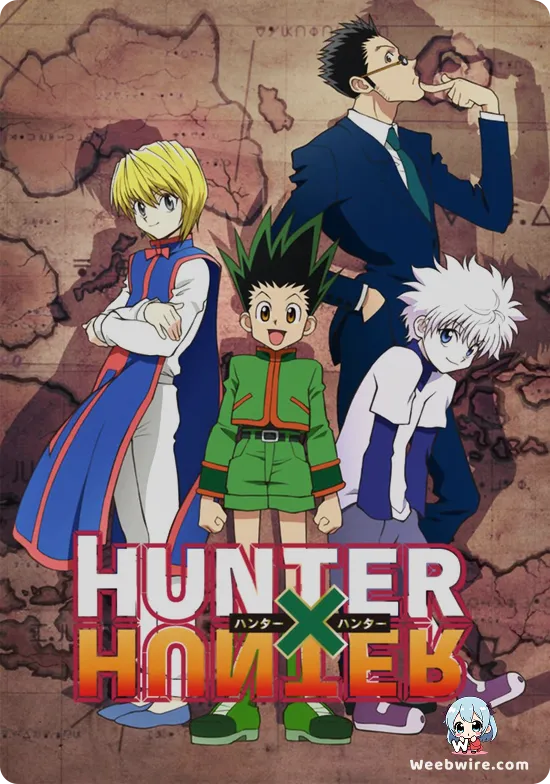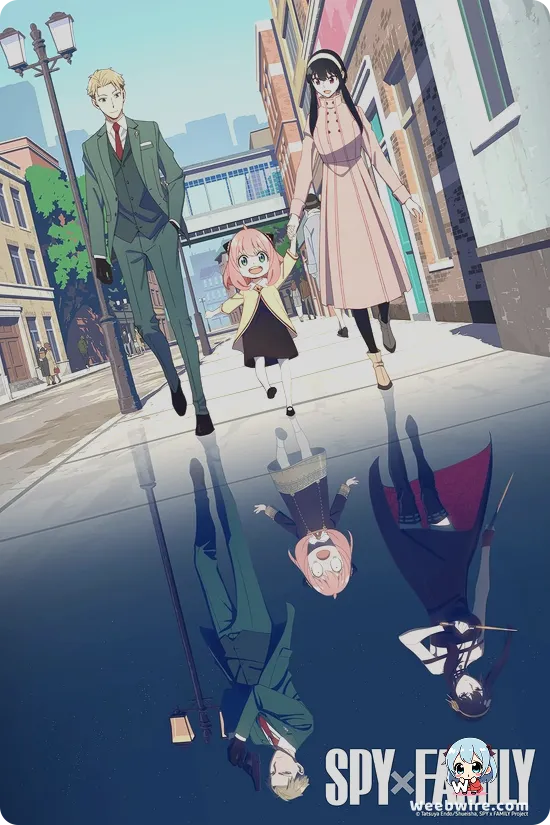Unveiled: The Hidden Lore and Genesis Behind Sword Art Online's Phenomenal Success
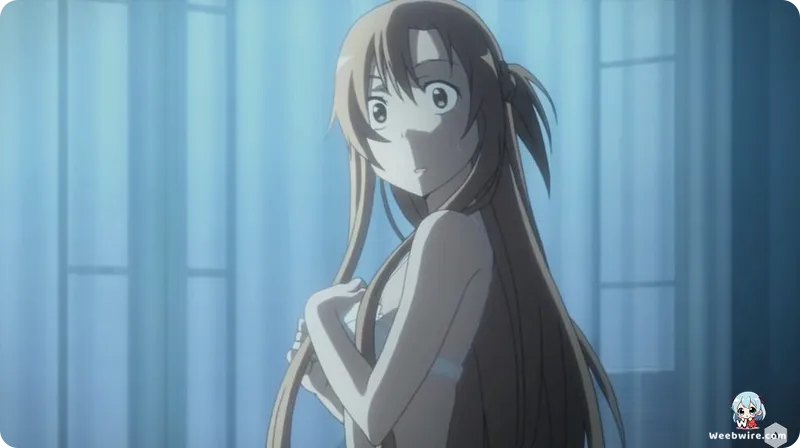
Sword Art Online has captivated global audiences since its electrifying debut, immersing viewers in intricate virtual worlds and heart-pounding battles. While Kirito's epic odyssey through Aincrad is widely known, a treasure trove of lesser-known facts and behind-the-scenes revelations exists, ready to astound even the most devoted fans, shedding new light on its creative genesis and enduring legacy.
The Genesis of Aincrad: Kawahara's Vision
One of the most compelling revelations concerns SAO's origins: Author Reki Kawahara initially penned the first volume for the 2008 Dengeki Game Novel Prize. Its immense scope, however, caused it to significantly exceed the page limit. Rather than compromising his meticulously crafted narrative, Kawahara made a pivotal decision: he withdrew his entry and instead published it as a web novel under the pseudonym Kunori. This act of creative conviction allowed the story to organically cultivate a fervent following, laying the groundwork for its eventual professional publication and the global anime phenomenon we cherish today. This passion-driven genesis underscores the profound ambition embedded within Kawahara's original masterpiece.
Kirito's Unique Skill: The Secret Behind Dual Blades
Delving deeper into Aincrad's mechanics, Kirito's signature 'Dual Blades' skill, often perceived as an innate display of his prowess, harbors a fascinating secret. This wasn't a conventionally learned skill; it was an exceedingly rare 'Extra Skill,' exclusively bestowed upon the player demonstrating the absolute fastest reaction time across the entire virtual world. Intriguingly, this extraordinary ability originated as a hidden bug-fix compensation from the beta testing phase. Kirito's unparalleled reflexes and natural aptitude made him the sole recipient, transforming his dual-wielding style into a profound testament to his exceptional capabilities and illustrating that his strength is a consequence of the game's intricate design and inherent talent.
Names with Deeper Meaning
Further enhancing immersion, the protagonists' names hold subtle significance. Kirito, the iconic username, is a clever portmanteau of Kirigaya Kazuto, while Asuna's full name is Yuuki Asuna. This common literary device in virtual reality narratives subtly yet powerfully blurs the lines between players' real and digital personas, a central theme amplifying the narrative's depth.
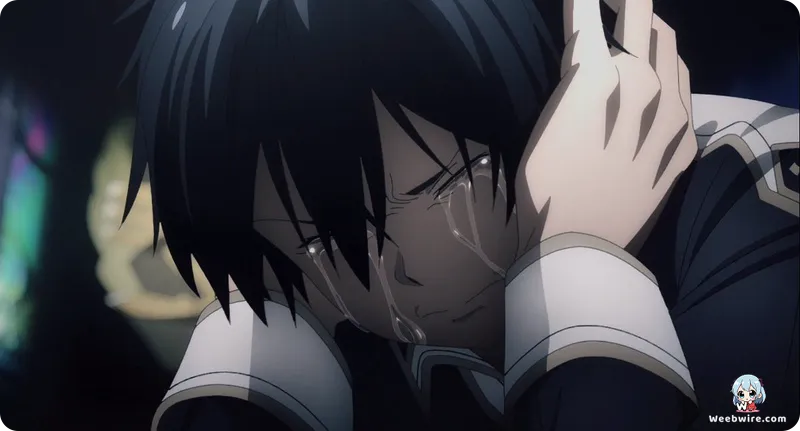
Aincrad's Architectural Marvel
The towering, 100-floor floating castle of Aincrad, drawing inspiration from classic fantasy RPGs, was Kawahara’s audacious vision. He forged an expansive, vertically diverse world where each ascending floor presented entirely new challenges. This brilliant design was instrumental in sustaining narrative momentum, preventing repetition, and ensuring every new floor's unveiling became a thrilling moment for both characters and audience.
SAO's Enduring Legacy in Anime
Beyond its compelling storyline, Sword Art Online profoundly shaped the anime landscape, popularizing and mainstreaming the 'isekai' genre and VRMMORPG themes. While not the first, SAO undeniably propelled these concepts into global consciousness, inspiring countless subsequent series. Its monumental success cemented its status as a cultural touchstone that redefined fantasy adventure in the digital age, proving virtual realms could convey immense emotional gravity.
The Artistry of A-1 Pictures
Finally, the remarkable production efforts by A-1 Pictures were indispensable. The studio navigated the formidable challenge of animating intricate virtual environments, dynamic battle sequences, and subtle character expressions conveying the psychological strain of being ensnared in a death game. The vibrant animation, seamless combat, and meticulously designed characters stand as a testament to the animators' exceptional skill and collaborative dedication, ensuring that each rewatch uncovers new layers of appreciation for SAO's masterful craftsmanship and storytelling.
Credits
Sword Art Online
Author
Reki Kawahara
Cover Art
abec
Studio
A-1 Pictures
Publisher
ASCII Media Works (Dengeki Bunko)
Producers

